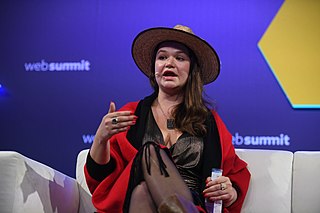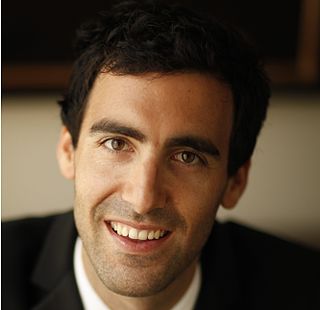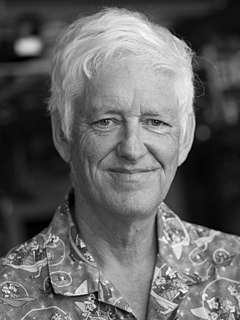A Quote by Brittany Kaiser
The bigger a data set that you have, the more polls, the more surveys that you have that people undertake, the more accurate your models are going to be. That's just a fact of data science.
Related Quotes
Disruptive technology is a theory. It says this will happen and this is why; it's a statement of cause and effect. In our teaching we have so exalted the virtues of data-driven decision making that in many ways we condemn managers only to be able to take action after the data is clear and the game is over. In many ways a good theory is more accurate than data. It allows you to see into the future more clearly.
We get more data about people than any other data company gets about people, about anything - and it's not even close. We're looking at what you know, what you don't know, how you learn best. The big difference between us and other big data companies is that we're not ever marketing your data to a third party for any reason.
Scientific knowledge is, by its nature, provisional. This is due to the fact that as time goes on, with the invention of better instruments, more data and better data hone our understanding further. Social, cultural, economic, and political context are relevant to our understanding of how science works.

































